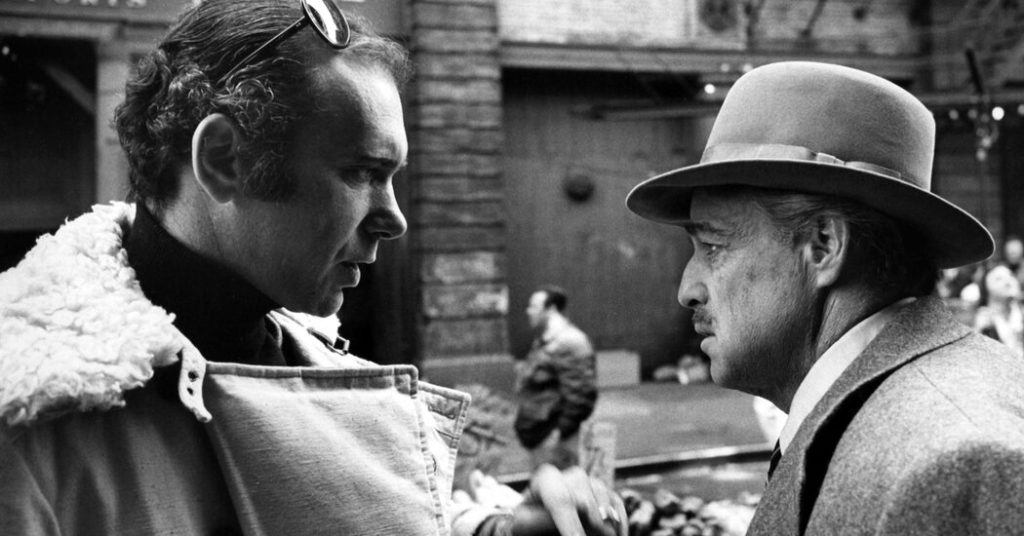Albert Ruddy, born as Albert Stotland in Montreal on March 28, 1930, came from a background where his father manufactured uniforms and his mother worked as a clothing and luxury fur designer. After his parents divorced and his mother changed their family name to Ruddy, Albert attended the City College of New York and later the University of Southern California, where he graduated with a degree in architecture in 1956. He briefly worked as an architect in New Jersey before returning to the West Coast, where he took on various roles such as programmer for the RAND Corporation, shoe salesman, and producer of the play “The Connection” and the movie “Wild Seed.”
Despite facing criticism and anger from Gulf & Western chairman Charles Bluhdorn for attending a news conference, Albert Ruddy, now known professionally as Al, was able to keep his role as a producer on the iconic film “The Godfather” after director Francis Ford Coppola intervened on his behalf. The movie went on to win three Oscars, including best picture, best actor for Marlon Brando’s portrayal of Don Vito Corleone, and best adapted screenplay by Coppola and Mario Puzo. Widely hailed as one of the best films ever made, “The Godfather” spawned two sequels, with Fred Roos producing both, along with other films by the Coppola family.
Albert Ruddy’s successful career as a producer extended beyond “The Godfather,” with credits that included a wide range of films and collaborations with various filmmakers. He had nothing to do with the sequels to “The Godfather,” as Fred Roos took on that role. Roos, who passed away on May 18, was also involved in producing films by Francis Ford Coppola and his relatives, including daughters Sofia and Eleanor Coppola, who recently passed away. Despite his absence from the sequels, Ruddy’s legacy as a producer remains strong, with his contributions to the original “Godfather” film solidifying his place in Hollywood history.
Ruddy’s upbringing and early career experiences shaped his path towards becoming a successful producer in the film industry. His diverse background, which included roles in architecture, programming, and sales, provided him with a unique perspective and set of skills that he applied to his work in Hollywood. The decision to pursue a career in producing ultimately led him to collaborate with renowned directors and actors, resulting in the creation of influential and acclaimed films that have left a lasting impact on the entertainment industry.
Albert Ruddy’s ability to navigate challenging situations, such as the conflict with Charles Bluhdorn, demonstrated his resilience and determination to succeed in the face of adversity. His willingness to stand his ground and garner support from key figures like Francis Ford Coppola enabled him to overcome obstacles and continue his involvement in significant projects like “The Godfather.” Ruddy’s reputation as a producer who could effectively manage various aspects of film production, from creative decisions to logistical challenges, further solidified his standing in Hollywood and earned him respect from his peers.
Overall, Albert Ruddy’s journey from his early days in Montreal to his eventual success in Hollywood as a producer is a testament to his talent, tenacity, and passion for storytelling. His contributions to iconic films like “The Godfather” have left an indelible mark on cinema history, showcasing his ability to collaborate with diverse talents and create enduring works of art. Ruddy’s legacy as a producer who played a pivotal role in shaping the landscape of American cinema will continue to be celebrated for years to come.








